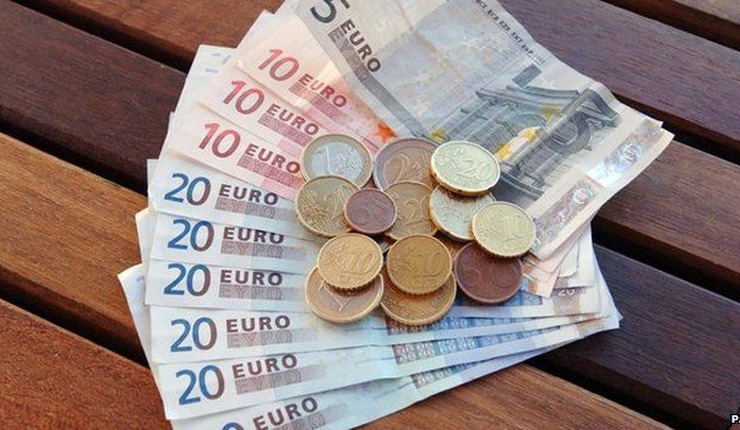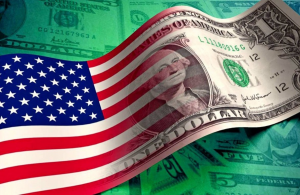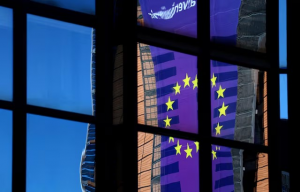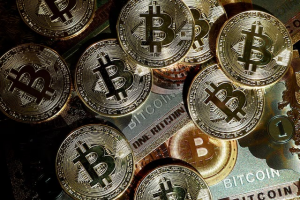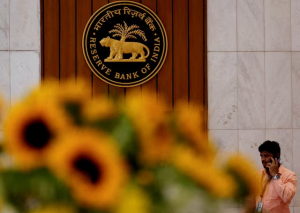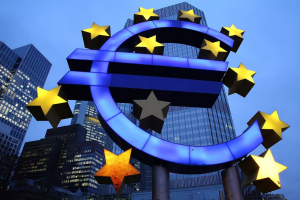The European Central Bank (ECB) Vice President Luis de Guindos said tariffs will impact euro zone economic growth and prices for years, but expressed confidence that inflation will not fall too low.
The ECB paused its policy easing this month despite projections showing price growth temporarily dipping below its 2% target due to the strong euro and low oil prices. This raised concerns about a return to the pre-pandemic era of ultra-low inflation.
De Guindos dismissed these worries in an interview, stating that the ECB is finally approaching its target after years of missing it in both directions.
"The risk of undershooting is very limited in my view," de Guindos said. "Our assessment is that risks for inflation are balanced."
He explained that inflation will rebound to target after falling to 1.4% in the first quarter of 2026 because the labor market remains tight. Unions will continue demanding healthy increases, keeping compensation growth at 3%.
While not explicitly advocating for a pause in policy easing, de Guindos noted that financial investors correctly interpreted ECB President Christine Lagarde’s message. Markets currently anticipate just one more interest rate cut, possibly toward the end of the year.
"Markets have understood perfectly well what the President said about being in a good position," he said. "I think that markets believe and discount that we are very close to our target of sustainable 2% inflation over the medium term."
3rd party Ad. Not an offer or recommendation by Investing.com. See disclosure here or remove ads. The euro has strengthened by 11% against the dollar in the past three months, reaching its highest level in almost four years at $1.1632 on Thursday. This currency appreciation could further lower imported prices and create additional challenges for exporters already facing U.S. tariffs.
However, de Guindos downplayed these concerns, noting that the exchange rate has not been volatile and its appreciation has not been rapid.
"I think that, at $1.15, the euro’s exchange rate is not going to be a big obstacle," said de Guindos, who is the longest-serving ECB board member and a former Spanish economy minister.

